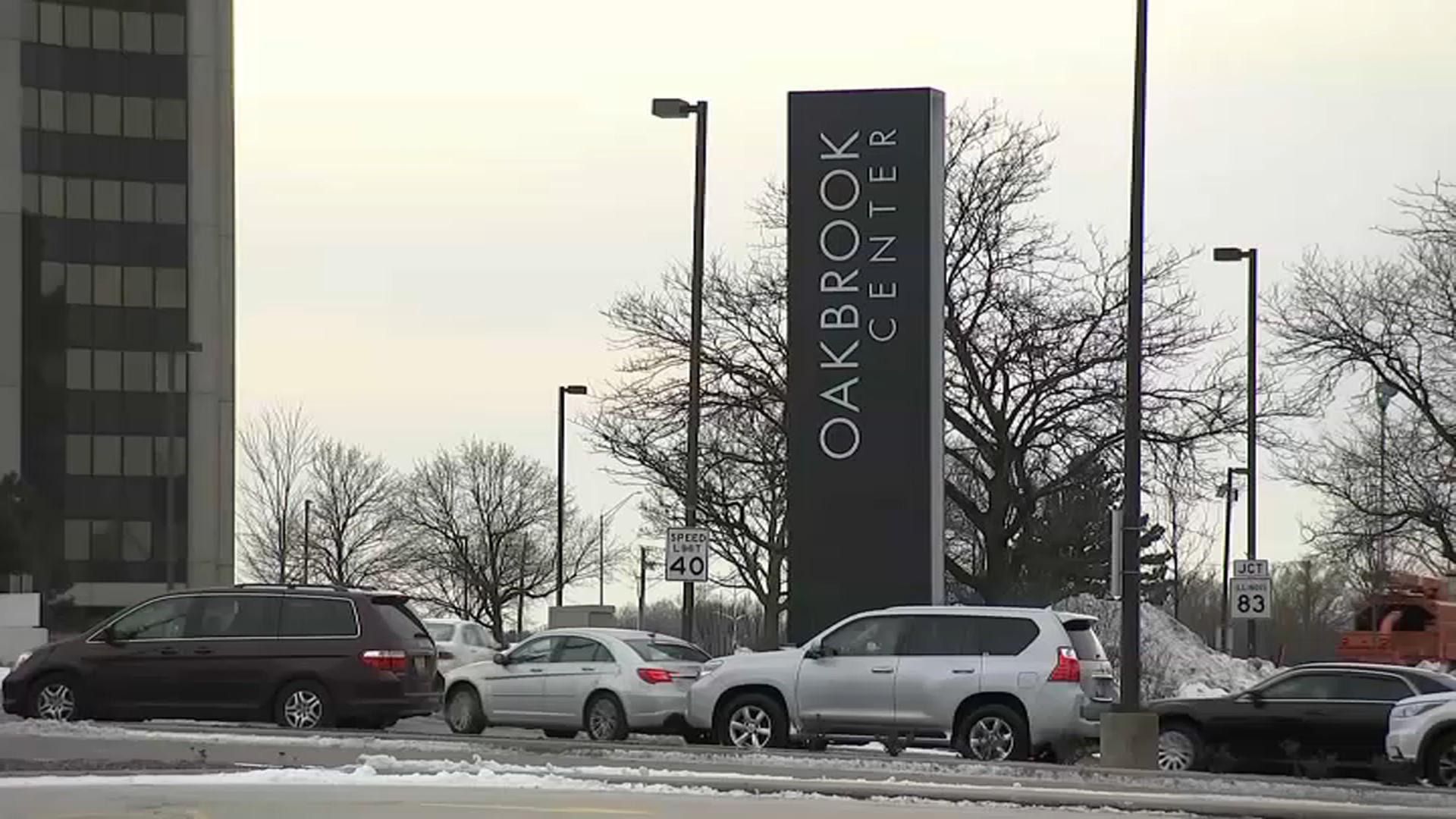More than 1 million Illinois residents are feeling the impact of the state's unprecedented budget impasse, a situation that's expected to worsen with the prospect of entering a third straight fiscal year without a spending plan.
State legislators adjourned this week without an agreement for the fiscal year that starts July 1, impacting students, small businesses, domestic violence victims and others.
Here's a look at some of fallout of the ongoing budget fight between Republican Gov. Bruce Rauner and Democrats controlling the Legislature:
FINANCIAL SNAPSHOT
Illinois closes out the current fiscal year nearly $6 billion in the red, a deficit that continues to grow. Spending mandated by court orders and state statute continues at levels set by the last budget lawmakers approved in 2014, when revenues were higher. A 2011 temporary income tax increase has since rolled back.
Adding to the mess is a ballooning backlog of unpaid bills to state contractors and vendors that's reached $14.5 billion, a worst-in-the-nation credit rating and roughly $130 billion in unfunded pension liabilities.
EDUCATION
Local
Universities and colleges say the standoff threatens enrollment with numerous cutbacks and credit downgrades. This week, Northeastern Illinois University, which has already instituted temporary shutdowns and furloughed employees, announced it'd eliminate 180 full-time jobs.
State-funded grants that help some 130,000 low-income students pay tuition are also in limbo. A stopgap budget covered some grants until January. Some schools have been able to front the money in hopes that they'll be reimbursed, but others can't.
Elementary and high schools have also made reductions, offering fewer special education services and cancelling some buses. Chicago Public Schools announced in early May that it'll have to borrow $389 million to get through the rest of the year. The nation's second-largest district had banked on $215 million in pension relief from Springfield, which Rauner vetoed late last year.
SOCIAL SERVICES
Organizations that provide state social services are waiting six months or more to get paid. Many have drastically scaled back programs or let employees go.
In the stopgap budget, funding for domestic violence shelters was left out completely and weren't even told until December, forcing several to cut staff and create waiting lists. The Women's Center, a shelter offering services to domestic violence and sexual assault victims in eight southern Illinois counties, has said that without an infusion of state funds in the coming months they'll have to close their doors.
Dozens of other organizations have stepped up their legal battle to force the state to honor contracts during the stalemate. In early May, attorneys for the Pay Now Illinois coalition presented arguments before the Illinois Appellate Court, saying there's been a "breakdown of constitutional government."
SMALL BUSINESS
Centers aimed at helping small businesses thrive in Illinois have also had a difficult time, with several closures.
Illinois Small Business Development Centers give free one-on-one business advice and help small companies with financing, marketing plans and specialized technology services, among other things. They're often set up at state universities and proponents credit them with helping create jobs.
The Illinois comptroller's office said as of last month roughly half of such centers had closed in the state. Some have since reopened with outside help.



